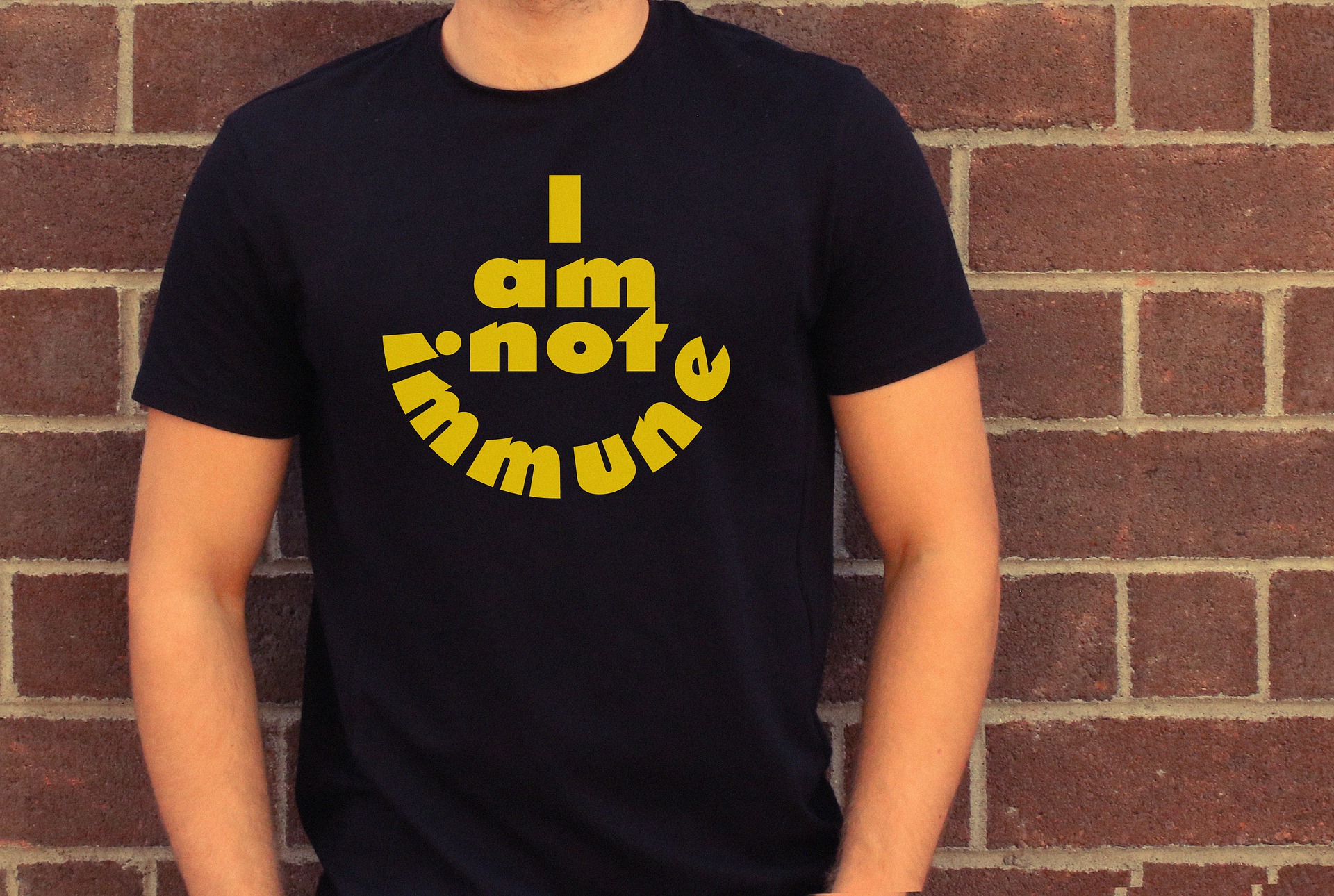
Youth Corner
 – By Samriddhi Das*
– By Samriddhi Das*
It is disheartening that, even in 2022, many youths and even their parents still view the subject of mental health as being embarrassing or even unimportant. Adolescents have a considerably higher level of complexity. Teenagers are deficient in mental health discussions among their peers and are physically and emotionally separating themselves as a result of the recent COVID-19 pandemic, hormonal changes, and other factors. Social media has helped some of them become more aware of this problem, but many of them are still afraid to talk about mental health since it is still stigmatised.
Adolescence is a period of physical and psychological development that occurs between puberty and adulthood (typically corresponding to the age of maturity). It is an important time for developing social and emotional habits that are essential for mental health. It is a stage in which adolescents are most vulnerable and sensitive. They are insecure and self-conscious.
Teenagers are normal to feel upbeat and excited some days and down, flat, low, or sad on others. It is also normal for teenagers to desire more privacy or alone time. These emotional ups and downs can be more frequent and severe during adolescence.

There are numerous indicators that a youngster is suffering from mental health issues: (S)he may be having negative thoughts such as self-harm or suicidal ideation. (S)he may be having sleeping problems such as getting fewer hours of sleep or oversleeping, feeling unmotivated or lacking energy, eating too little or overeating, staying in bed for too long, feeling unrested after sleeping, constant worrying about various things, feeling anxiousness that may last for weeks or months, having an anxiety attack or panic attack, and placing too much emphasis on minimalistic things.
Physical factors for this to occur include changes in their bodies, which may cause them to feel insecure and crave privacy.
Emotional ups and downs can be alleviated by eating nutritious foods and exercising regularly. New thoughts, emotions, and social circles can all be difficult for a teenager to adjust to. One can assist them by spending time with them, such as doing everyday casual activities with them, or by providing them with some alone time if they want. One can also help a youngster learn how to cope with emotional ups and downs. These mechanisms provide a sense of security and enable the youngster to overcome the fear of not being understood. This can also help him/her develop leadership skills and maintain a healthy social life.
A teenager’s life is complicated because every change is novel to them. They are learning new things about their surroundings. It can be much more difficult for them when others criticise them for being who they are. This causes them to keep everything inside and makes them grumpy. This is also an important time for them to establish a healthy social/friend circle in order to avoid falling into bad company. All one can do is listen to them, understand them, and make them feel safe. Someone having difficulty may be encouraged to seek professional assistance.
I believe we can all agree on this point. Teenagers’ “rainbow years” were drained by sitting idle at home during the COVID-19 pandemic this time. Spending special years at home rather than getting hurt by slipping on concrete floors!
Being mentally ill does not always imply having a mental disorder. As a 17-year-old who has spent two crucial years of my life sandwiched between four walls, I have noticed some negative changes in myself, making me realise that stress is more dangerous than the virus itself.
Obviously, there is not just one case; according to statistics, approximately one-third of India’s children have psychosocial problems manifesting as symptoms of anxiety and depression. These underlying issues appear to be affecting them, as they are unable to attend school due to a fear of being social and making friends. This not only affects the academic skills of a child but also his/her social and leadership qualities which are important in future.
Grimly, still, people with severe mental illnesses in India go to shrines and temples instead of a licensed psychiatrist or therapist.
The main question now is whether, after witnessing such underdevelopment in the country’s youth and future, people will take a step forward, open up, and help the youngsters like us, or will they suffocate in the taboo of mental health?
*The writer is a class XII Science student of Sun Valley International School, Vaishali, Ghaziabad. The views expressed are her own.






This is amazing🤩🤩. I love how you are writing about kids and teens over the pandemic!! I really hope that people should more like this. This is great!.:) 😃👍
This is an amazing and honest analysis coming from a youth herself. Your reflection is shared by youth across the globe. This piece of article is both the ground reality and inspiration. Inspiration because it is the message to youth that can conquer by being energetic, happy, confident, and making use of time in meaningful ways.
Our request, please keep sharing the recipe of staying happy, healthy, and optimist. The nation and entire world is actually looking upon you because of you being a role model for youth.
Best wishes, Rock n Roll. More importantly, please make people rolling and rocking!